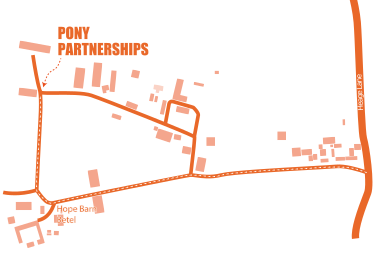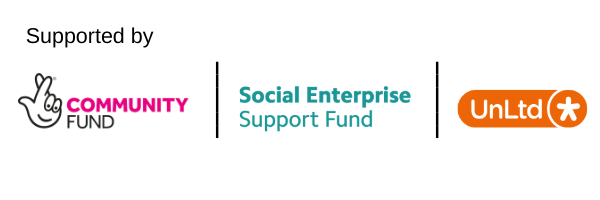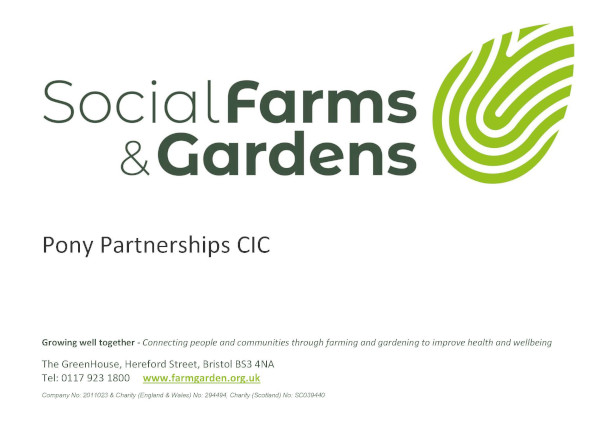What Is Equine Therapy
Lessons learnt through Equine Facilitated Therapies can be more easily absorbed and remembered, resulting in lasting and positive changes that can be transferred to the world of human-human relating. Equine Facilitated Therapy can also be an excellent bridging therapy for people who are not ready for talking therapies and counselling.
Equine Facilitated sessions involve working alongside a horse or horses as a part of the treatment team. Being with horses promotes different ways of thinking, being, and relating. This helps clients to explore alternative ways of relating to their somatic (bodily) selves, others, and the world.
This supports an increase in the way clients experience and interpret their understanding of that they are doing, and how they are doing it. This relates to the sensory areas of proprioception (perception of the position and movement of the body); neuroception (whether situations/people are safe, dangerous, or life threatening); and interoception (helps you understand and feel what is going on inside your body, as well as regulating this). These sensory elements of working with horses will help develop techniques to self-regulate.
The principles that apply to building a relationship with horses can be translated into healthy human relationships. The non-judgemental response of the horse can make it easier for clients to identify and examine how they create
those same patterns in relationship with themselves and with others; thus, helping to support the client to take positive steps in how they relate to other people.
What’s the difference between Equine Facilitated Psychotherapy (EFP) and Learning (EFL)?
Simply put, EFL will focus on self-development and experiential learning, with a focus on the present moment and future, considering how you can apply the learning to your life. EFP will involve working with a therapist with a psychotherapy qualification where there may be a focus on the past and consideration of trauma. Both are valuable approaches in their own right, and we can help you decide which might be best for you.
What might a session look like?
Sessions are client-led with the programme beginning around assessment and allowing the client to explore the site and familiarise themselves with it and the animals and therapist. The client’s needs are responded to and met in the moment around their capacity for regulation and window of tolerance. The sessions are not activity or task led, although tasks around equine care may be explored as a means of learning about the self and other. This can help people to attune to their own sensory needs as well as those of the horses. This also supports understanding of attachment and trauma responses and the development of blame free strategies and explanations for behaviours.
What are the benefits?
Evidence shows that skilful facilitation of these therapeutic activities helps young people develop social and emotional capabilities including:
- secure attachments;
- improved well-being;
- psychosocial benefits;
- positive change;
- increased levels of hope;
- decreased levels of depression;
- increased perceived social support;
- self-esteem and self-confidence;
- more consistent behaviour;
- lower cortisol levels;
- assertiveness;
- increased problem-solving skills and general self-efficacy;
- fewer mentally distressing symptoms;
- improved nonverbal and verbal communication and interpersonal effectiveness;
- trust;
- boundaries and limit-setting.
What about the horses?
Our approach is aligned with compassionate equitation where the welfare and wellbeing of our equine team is central to what we do. If the work does not benefit all of us, then it benefits none of us.



















